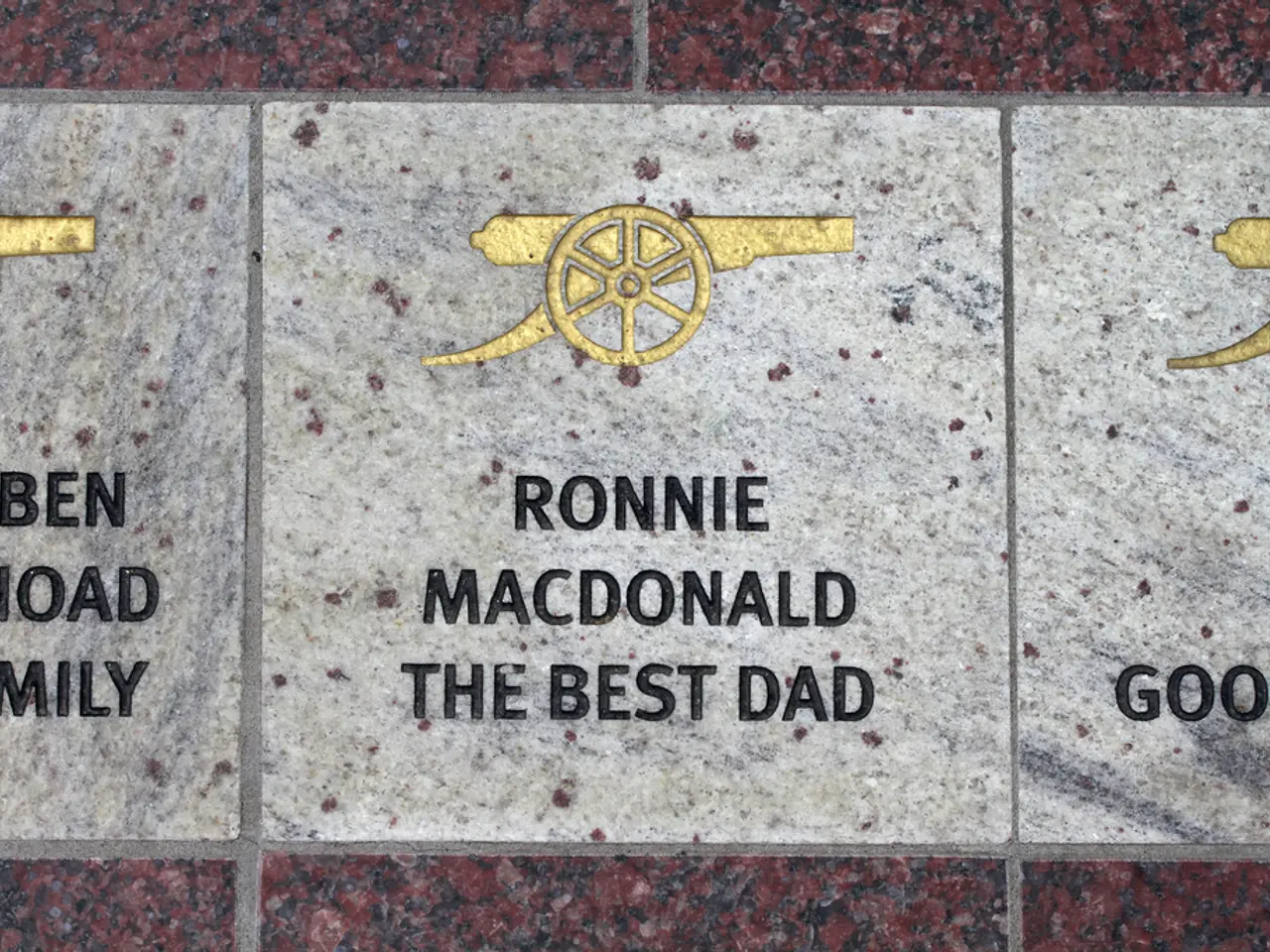The United Kingdom is showing signs of decline. It may be worth revising the term 'Great' that is associated with it.
In the political landscape of Britain, a significant shift is underway. While Keir Starmer, the leader of the opposition, seems to be struggling or showing little interest in challenging the established financial and tech systems, a new right-wing movement is emerging from the ruins of the Tory party.
This new right, led by figures like Robert Jenrick, is promising to make Britain "greater still" with a focus on immigration and cultural identity. Jenrick's vision contrasts with Starmer, who has pledged to build 12 new nuclear attack submarines and spend £15bn on new nuclear warheads, a move that may not necessarily make Britain a great power again, but rather a facade born of strange dreams of a lost world.
The term "Great" when used in relation to Britain is loaded, evoking images of power, subjugation, glory, and control. However, the new right's drive is not towards genuine change but the creation of a cultural facade of Greatness. This can be seen in the phenomenon of "facadism", a movement that has been prevalent in Britain over the past 20 years, where old buildings are demolished and rebuilt with modern structures while keeping the original facades. This practice, while presenting a false front of a time when Britain was still great, does not preserve the reality of the buildings but turns them into stage sets or false fronts.
Facadism disguises the bleak reality of the modern world, and it seems that Starmer's promises of military investments may also serve as a distraction from his domestic powerlessness, presenting a facade of strength and dominance.
In the midst of this, the British Prime Minister remains Keir Starmer. However, the new right, led by figures like Tommy Robinson, who organized the "Unite the Kingdom" demonstration in London, is advocating resistance and rejecting the current government led by Starmer. The announced goal of this movement is to make the United Kingdom "greater" again.
It is unclear whether the new right or Keir Starmer would also aim to restore people's sense of connection to the levers of power. What is certain is that the political landscape of Britain is undergoing a significant transformation, and the future remains uncertain.
In the past, Britain has seen its share of transformations. From the formation of the Kingdom of Great Britain in 1707, with the union of England, Scotland, and Wales, to the addition of Ireland in 1801, Britain has always been a nation of change. Even in medieval times, the term "Little Britain" was used to refer to what is now Brittany.
A theory suggests that the term "Mega-Britain" was used by a Greco-Roman geographer, Ptolemy, to refer to the big island (Britain). As Britain navigates its current political changes, it remains to be seen what the future holds for this island nation.
Read also:
- United States tariffs pose a threat to India, necessitating the recruitment of adept negotiators or strategists, similar to those who had influenced Trump's decisions.
- Weekly happenings in the German Federal Parliament (Bundestag)
- Southwest region's most popular posts, accompanied by an inquiry:
- Discussion between Putin and Trump in Alaska could potentially overshadow Ukraine's concerns








